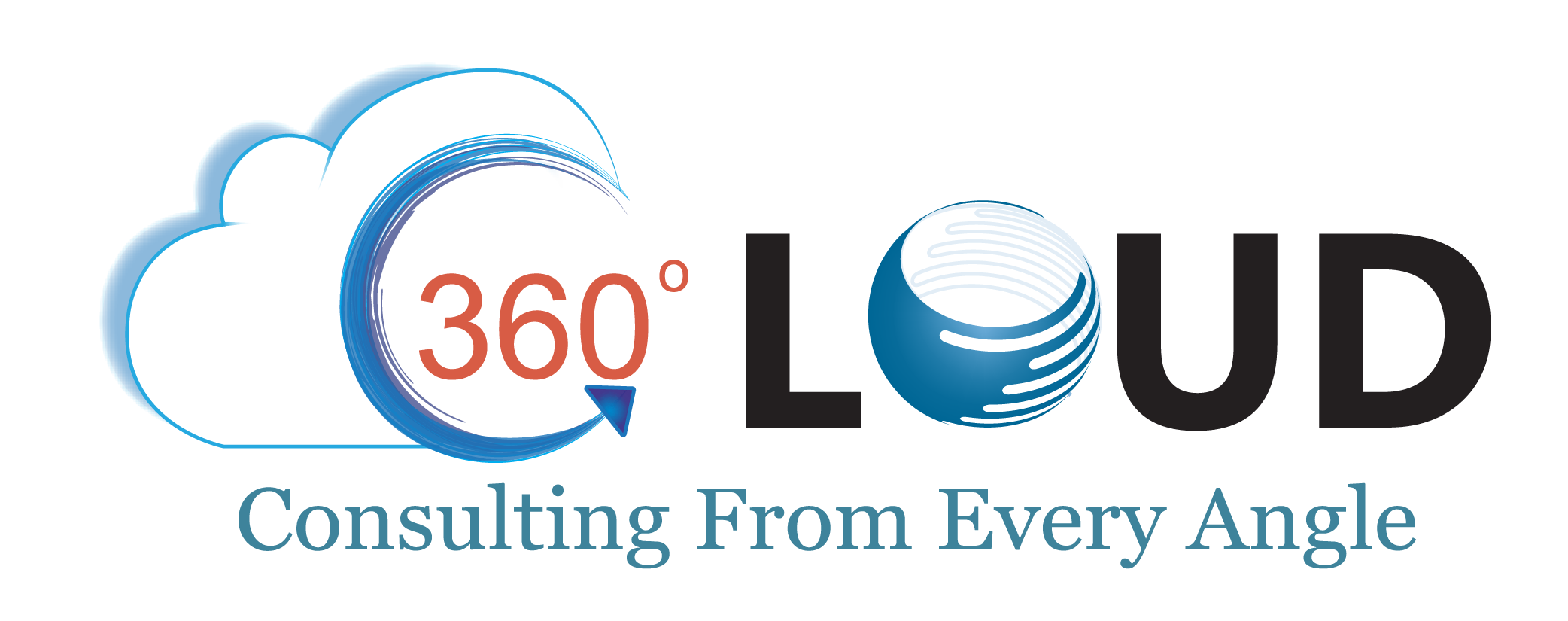5 Reasons for Salesforce Implementation Failure and How to Avoid Them
03 Mar 2023
Table of Contents

Salesforce is a game-changing CRM tool that has helped businesses revolutionize their sales, marketing, and customer service operations. However, despite its many benefits, Salesforce implementation failure is a common issue that can cause headaches, delays, and costly mistakes.
Whether you are a small business or a large enterprise, a failed Salesforce implementation can be frustrating and damaging to your bottom line. This blog will dive deep into the top 5 reasons for Salesforce implementation failure and provide practical tips and strategies to avoid them.
By the end of this blog, you will have the tools and knowledge you need to ensure a successful Salesforce implementation and harness the full power of this incredible CRM tool. So, let’s start and learn how to make your Salesforce implementation a success!
Table of Contents
Common Reasons For Salesforce Implementation Failure
While Salesforce has many benefits, including improved efficiency and better customer insights, implementation failure is a common problem that can occur during the implementation process. There are several reasons why Salesforce implementation can fail, like the following:
1. Poor Planning and Unclear Goals
Poor planning can lead to delays in implementation and budget overruns. Without a clear plan and timeline, businesses may encounter unexpected roadblocks and incur additional costs, resulting in implementation failure.
Also, inappropriate planning can result in incomplete or inaccurate Salesforce data migration. Suppose businesses do not clearly understand their data needs and how they will be migrated into Salesforce. In that case, they risk losing important data or creating data silos, leading to implementation failure.
Without proper planning, businesses may not configure their Salesforce system to meet their needs. This can lead to suboptimal system configuration, decreasing efficiency, and low user adoption. You’d never want to come across such situations, and to avoid that, creating a foolproof implementation plan is necessary.
2. Incompatible IT architecture
There can be issues of incompatible IT architecture in organizations that can cause data integration challenges. If Salesforce cannot integrate with existing systems, data silos may result in inaccurate reporting and decreased efficiency.
Not having a proper architecture can also cause poor system performance. If the hardware and software infrastructure is incompatible with Salesforce, businesses may experience slow load times, frequent system crashes, and other performance issues, leading to decreased efficiency. That’s something Salesforce partners can help you to avoid.
3. Poor Communication
Poor communication can lead to misaligned expectations between stakeholders, resulting in frustration and dissatisfaction with the implementation. It can also lead to inadequate user training. If users do not receive clear and consistent communication about the new system, they may not understand how to use it effectively, leading to low user adoption and decreased efficiency.
Not having proper communication can even result in a lack of user feedback. If users do not feel comfortable providing feedback, businesses may be unable to identify improvement areas, leading to decreased efficiency and user adoption. It can even cause resistance to change. If stakeholders do not understand the benefits of Salesforce implementation services, they may resist the change, leading to failure.
4. Absence of Hiring a Trusted Implementation Partner
Without a trusted implementation partner, businesses may lack the expertise required to implement Salesforce successfully. This can lead to implementation delays, budget overruns, and decreased efficiency. With the needed expertise, businesses may struggle with planning the implementation process effectively. This can result in misaligned expectations, inefficient use of resources, and implementation failure.
Providing adequate training and support to users could be troublesome when you don’t have a reliable Salesforce implementation consultant. This can result in low user adoption, decreased efficiency, and implementation failure.
5. Lack of Training
Without adequate training, users may not understand how to use Salesforce effectively, leading to low Salesforce user adoption and decreased efficiency. It is also possible that users may not understand how to enter and manage data effectively, leading to poor data quality, decreased efficiency, and inaccurate reporting.
Without proper training, users may not understand the full potential of Salesforce, leading to missed opportunities for increased efficiency, productivity, and revenue. In such situations, users may be more likely to make mistakes, leading to decreased efficiency and increased risk of data loss or security breaches.
Tips to Avoid Salesforce Implementation Failure
To avoid Salesforce implementation failure, businesses must take a strategic approach to implementation planning and execution. Here are some practical tips and strategies to help businesses avoid common implementation pitfalls:
- Involve Key Stakeholders: Involve key stakeholders in the implementation planning process, such as department heads and end-users. This will ensure that their needs and requirements are considered, and they are more likely to support the implementation.
- Customize Salesforce to Fit Your Needs: Salesforce is a highly customizable platform that can be tailored to meet the unique needs of your business. Take advantage of Salesforce customization to ensure the system meets your requirements.
- Prioritize Data Quality: Prioritize data quality from the outset of the implementation project. This will ensure that your data is accurate, complete, and consistent, essential for effective decision-making and reporting.
- Monitor User Adoption: Monitor user adoption regularly with the help of Salesforce implementation partners to ensure users use Salesforce effectively. This will help identify areas where additional training or support may be needed.
- Stay Up-to-Date with Salesforce Releases: Salesforce regularly releases new updates and features. Stay up-to-date with these releases to ensure you take advantage of the latest capabilities and enhancements.
- Establish a Governance Framework: Establish a governance framework to ensure the system is used consistently and effectively. This includes defining user roles and permissions, setting data management policies, and establishing data security protocols.
Avoid Salesforce Implementation Failure with the Best Experts
Salesforce implementation can be complex and challenging, and failure to implement the platform effectively can lead to significant problems and setbacks. By identifying the common reasons for Salesforce implementation failure, businesses can take steps to avoid these issues and ensure a successful implementation.
This blog could be a great guide for your business to ensure a successful and error-free Salesforce implementation. While you keep everything in check, ensure you don’t miss out on hiring experienced Salesforce implementation services for a hassle-free process. Contact us to get your business the power of Salesforce CRM.
FAQs
How to ensure successful Salesforce implementation?
For a successful Salesforce implementation, you should hire trusted Salesforce implementation services to develop a comprehensive implementation plan that includes timelines, milestones, and specific tasks and responsibilities. The plan should also outline any risks and challenges that may arise during the implementation. The experts will test and validate the implementation at each stage to ensure that it meets your goals and objectives and make adjustments as needed. Salesforce professionals will also provide adequate training and support for all end-users to ensure they can use it and take advantage of its capabilities effectively.
What do you get with Salesforce implementation services?
Salesforce implementation services typically offer a range of consulting, planning, design, configuration, customization, testing, training, and support services to help businesses successfully implement Salesforce. Here are some key services you can expect to receive with Salesforce implementation services: A thorough assessment of your business needs and requirements to determine the best Salesforce solution for your organization. Assistance with planning and designing your Salesforce implementation, including defining goals, processes, and workflows. Configuration and customization of your Salesforce instance to meet your specific business needs, including setting up custom fields, reports, and dashboards. Migration of your data from existing systems to Salesforce, ensuring data quality and consistency. Training and support for your team members to ensure they are proficient in using Salesforce and can take advantage of its capabilities.
About the author
Editorial Team – 360 Degree CloudThe Editorial Team at 360 Degree Cloud brings together seasoned marketers, Salesforce specialists, and technology writers who are passionate about simplifying complex ideas into meaningful insights. With deep expertise in Salesforce solutions, B2B SaaS, and digital transformation, the team curates thought leadership content, industry trends, and practical guides that help businesses navigate growth with clarity and confidence. Every piece we publish reflects our commitment to delivering value, fostering innovation, and connecting readers with the evolving Salesforce ecosystem.
Recent Blogs
 Salesforce Services
Salesforce Services
Top Salesforce Consulting Partners in India You Can Count On
The global CRM market size was valued to be around USD 112.91 billion in 2025 and is expected to grow from USD 126.17 billion in 2026 to…
Read More Salesforce Services
Salesforce Services
Salesforce Partners: What They Are, Partner Tiers & Why You Need One
Implementing Salesforce for business operations can often be described as buying a high-performance jet; no wonder it’s an incredible piece of machinery, but it won’t get you off the ground without a…
Read More Hire Staff
Hire Staff
Hire a Salesforce Developer: 7 Reasons Your Business Needs One
Whenever a company starts getting Salesforce projects, and work starts to pile up, the first option that comes to their mind is to look for…
Read MoreReady to Make the Most Out of Your Salesforce Instance?
Our Salesforce aces would be happy to help you. Just drop us a line at contact@360degreecloud.com, and we’ll take it from there!
Subscribe to our newsletter
Stay ahead with expert insights, industry trends, and exclusive resources—delivered straight to your inbox.



